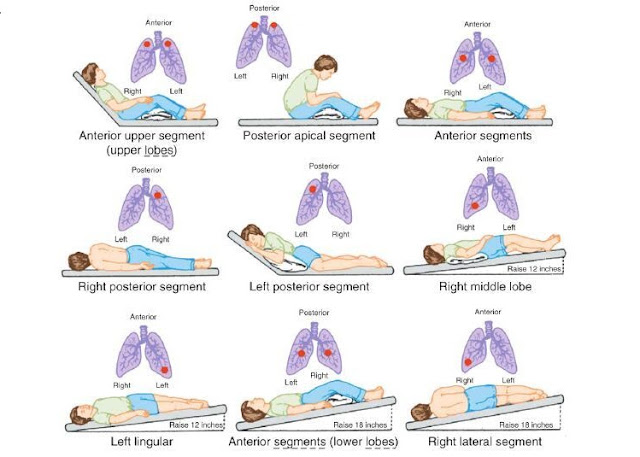How to get rid of Drug addiction?
Drug Addiction:
Drug
Addiction or substance use disorder affects the person’s mentality and behaviour
leading to an uncontrolled use of both legalized and illegal drugs. Addiction can happen either by experimental
usage or exposure to the drugs. Not all drugs take the same time to get
addicted; the condition varies from drug to drug. With prolonged usage, the
person even finds it difficult to abandon the drug usage. Attempts to stop
usage without proper treatment may cause withdrawal symptoms like intense
carvings and feeling of being physically ill.
Behavioral Changes:
·
Strong drug
urges
·
Over dosing
·
Overuse of money
on Drugs
·
Making sure of
regular supply
·
Lack of social
and recreational responsibilities
·
Participating in
illegal activities
·
Drug influenced
rash driving
·
Experiencing
Withdrawal symptoms
Symptoms:
The
symptoms for addiction varies for each variety of the drug abused such as
·
Synthetic drugs-
Mood elevation, Paranoia, Agitation, Confusion, increased sex drive
·
Hypnotics-
Drowsiness, speech slurries, Memory problems, Dizziness
·
Stimulants-
Exhilaration, Rapid speech, Dilation of pupils, Insomnia, Impaired judgement
Drug
addiction can lead to other diseases like HIV through needle sharing or
unprotected sexual activities. An addiction psychiatrists or drug counsellor
can help you overcome this addiction. Emergency care is needed when the person
have OD, Seizures, Chest pain, other physical and psychological reactions.
It
is the process of medical, therapeutic and psychological treatments that helps
the person to recover from their substance use disorder to avoid the various
consequences it causes.
Treatment can be provided in three ways:
Medication, Residential and experimental. Various programs like sober houses,
care centers, counselling can help in rehabilitation process.
Relapse is a major factor concerning the treatment for
addiction. A treatment involving detoxification, medication, behavioural
therapy such as Cognitive-behavioral therapy, Multidimensional family therapy,
Motivational interviewing, and relapse prevention is needed to sober out a drug
addict.
Medication
treatment includes the use of certain drugs that can be used as counter
measures for addiction. Methadone and Buprenorphine are the most used for
addiction and used as maintenance medications and detoxification aids.
Naltrexone stops euphoria and reduces the risk of relapse. Other drugs like
bupropion, nortriptyline, Acamprosate, disulfiram, and topiramate can also be
used.
Counselling
can be done on individual basis or as group therapies like crisis counseling,
weekly or daily counseling, and drop-in counseling supports. Counsellors
develop a recovery program to re-establish healthy behaviour, social status and
for coping. Counselling follows the following treatments:
·
Twelve-step
programs
·
SMART Recovery
·
Client-centered
approaches
·
Psychoanalysis
·
Relapse
prevention
·
Cognitive
therapy
·
Emotion
regulation and mindfulness
·
Dual diagnosis
Recovery
in drug addiction remains subjective as the standards have not been set. It has
been considered as near abstinence by certain organizations and as complete
abstinence by others. This fact is complicating the individuals from choosing
rehab programs.




Love this post! This is a really good blog wish more people would read this, you offer some really good suggestions on Drug And Alcohol Assessment Online. Thanks for sharing!
ReplyDelete